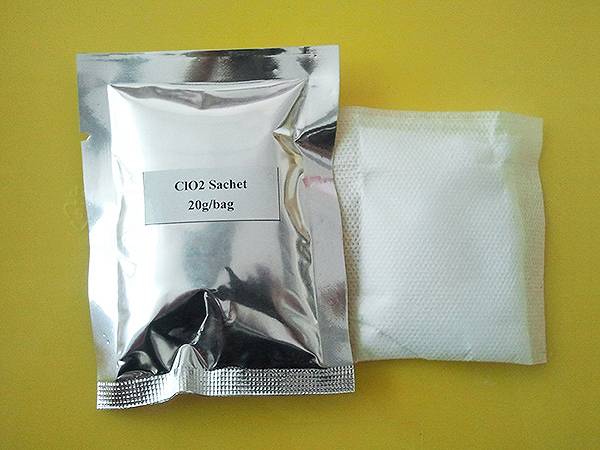



manganese sulphate benefits
The Benefits of Manganese Sulphate
Manganese sulphate, a compound formed by combining manganese with sulfuric acid, is an important nutrient that plays a crucial role in various biological and industrial processes. This compound is especially valued in agriculture, animal nutrition, and the manufacturing of fertilizers. Understanding its benefits can help promote better health for plants, animals, and even humans.
Agricultural Benefits
One of the primary uses of manganese sulphate is in agriculture. Manganese is an essential micronutrient required for plant growth. It plays a vital role in photosynthesis, as it contributes to the formation of chlorophyll. Additionally, manganese aids in enzyme function, which supports various biochemical processes within plants. Deficiencies in manganese can lead to several plant disorders, including interveinal chlorosis, which manifests as yellowing between leaf veins.
Applying manganese sulphate to the soil can help correct these deficiencies and enhance crop yields. It is particularly beneficial for crops like tea, coffee, and various fruits, which require higher levels of manganese for optimal growth. Regular application of manganese sulphate can lead to improved crop quality, better disease resistance, and an overall increase in productivity.
Animal Nutrition
In addition to its benefits in agriculture, manganese sulphate is also used as a dietary supplement in animal feed. Manganese is crucial for the development of bones and cartilage in livestock. It supports reproductive health and plays a role in the metabolism of carbohydrates and fats. Livestock, poultry, and pets require this micronutrient in their diets to maintain overall health.
manganese sulphate benefits

Supplementing animal feed with manganese sulphate can improve growth rates, enhance feed efficiency, and boost the immune system of animals. This is particularly important in intensive farming systems, where animals may be at risk of deficiencies due to inadequate dietary intake.
Human Health
While manganese sulphate is primarily associated with agricultural and animal nutrition, it also has relevance in human health. Manganese is present in small amounts in the human body and is essential for various bodily functions. It plays a role in bone formation, antioxidant defense, and energy metabolism.
Manganese deficiency in humans, although rare, can lead to problems such as osteoporosis, impaired glucose tolerance, or reproductive issues. Supplementing with manganese sulphate can help individuals who may not be getting sufficient amounts from their diet, particularly those with higher needs due to physical activity or certain health conditions.
Conclusion
In summary, manganese sulphate is a multifaceted compound that offers numerous benefits across various sectors. Its role as a micronutrient in agriculture enhances crop health and yields, while its importance in animal nutrition supports optimal growth and overall wellbeing. Furthermore, its contribution to human health cannot be overlooked, providing essential support for various physiological functions. As we continue to explore its applications, manganese sulphate remains a key player in promoting health and productivity in both agricultural and animal husbandry practices. Embracing its benefits can lead to sustainable practices that contribute to food security and better health outcomes.
-
Why Strontium Carbonate Still MattersNewsJun.06,2025
-
Why BaSO4 MattersNewsJun.06,2025
-
Why Barium Carbonate Still MattersNewsJun.06,2025
-
Strontium Hydroxide: A Versatile Compound for Modern ApplicationsNewsJun.06,2025
-
Strontium Chloride in Daily IndustryNewsJun.06,2025
-
Pure Potassium Nitrate for SaleNewsJun.06,2025
-
What Is Sodium Bisulfate Used For?NewsMay.15,2025










